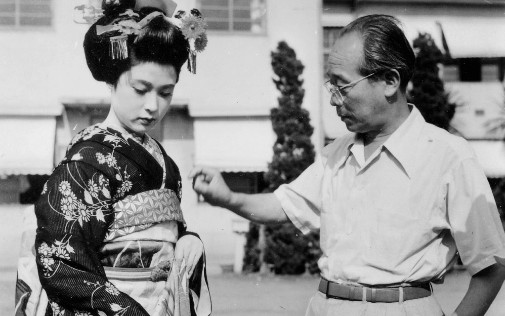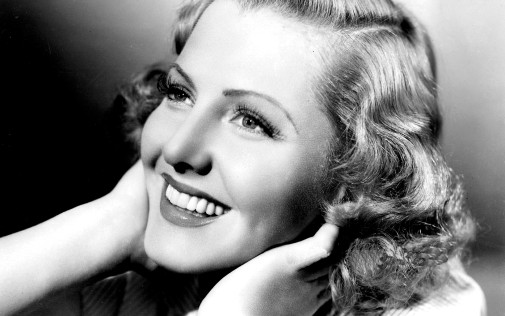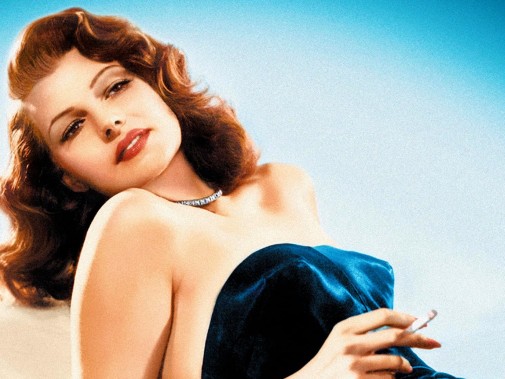Mizoguchi's women
 Saturday, May 30, 2020 at 10:49PM
Saturday, May 30, 2020 at 10:49PM 
Last time we talked about Japanese cinema, we were looking at the history of the Best Costume Design Oscar. Among the five pictures from Japan nominated for that awards, we find Ugetsu, the only Kenji Mizoguchi film to ever receive any sort of recognition by the Academy. Considering some of the director's best films are currently available online thanks to platforms like the Criterion Channel, Kanopy, and HBO Max, it seems like a good time to highlight more of his cinematic mastery. After all, there's much greatness in Mizoguchi's exquisite cinema beyond the sartorial splendor of Ugetsu…





